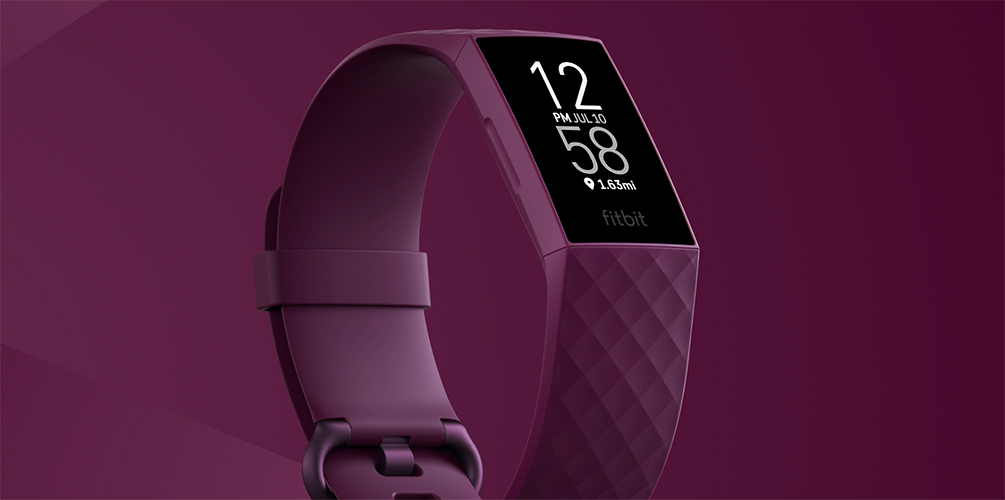Fitbit is collaborating with The Scripps Research Institute and Stanford Medicine on research aimed at using Fitbit data to help detect, track and contain infectious diseases like COVID-19.
This new research consortium invites other institutions to join in this collective effort and share key learnings with the research community. Fitbit said early detection is critical for effective public health response to infectious disease outbreaks. There has been early evidence that wearables, like Fitbit devices, have the potential to help predict the onset of an infectious disease like the flu before symptoms start, and the goal of this consortium is to unlock similar potential via leading research institutions in response to COVID-19.
“Fitbit is proud to work with Scripps Research and Stanford, which both have a long history of cutting-edge research in the area of wearables and infectious disease detection,” said James Park, co-founder and CEO of Fitbit. “By bringing together these and other leaders in scientific research, we hope to rapidly advance science and innovation in the fight against COVID-19 by promoting consumer participation in critical research efforts, supporting frontline healthcare workers with donated wearable devices, and sharing learnings quickly and openly across research partners.”
Advancing infectious disease wearables research
The consortium brings together research already underway by both Scripps and Stanford. The Scripps Research Translational Institute recently launched DETECT, an app-based research program that will analyze participants’ wearable health data—including heart rate, sleep and activity levels—to more quickly detect the emergence of influenza, coronavirus and other fast-spreading viral illnesses.
“From our previously published work, we know that data collected from consumer wearables can significantly improve the prediction of influenza-like illness,” said Dr. Eric Topol, director and founder, Scripps Research Translational Institute. “We see an enormous opportunity to enhance disease tracking for improved population health during the COVID-19 pandemic, and are pleased to join this new consortium to bring value to the research community.”
The Stanford Healthcare Innovation lab launched the COVID-19 wearables study, led by Michael Snyder, PhD, Chair of the Department of Genetics and Director of the Center for Genomics and Personalized Medicine at the Stanford University School of Medicine. The study aims to establish whether data collected from wearables, including Fitbit devices, can be used to predict the onset of an infectious disease such as COVID-19 before the actual symptoms start. Researchers are collecting data such as heart rate, skin temperature, and blood oxygen saturation, among others.
“COVID-19 has presented a daunting challenge to medical researchers around the globe,” said Snyder. “Through this consortium, we’ll coordinate efforts to improve our understanding of how technology can serve to benefit human health, and continue the pioneering work we’ve led for the past decade exploring the promise of personalized medicine to predict and prevent disease.”
Key elements of the new research consortium include:
- Research studies will run independently, but information will be aggregated and broad data access supported to promote shared learning and development;
- Fitbit will support the research community by driving consumer awareness of this important research and providing its users with an easy onramp to join the effort;
- Fitbit will donate wearables to both research groups to support frontline healthcare workers;
- Participation in the consortium is open to additional members interested in advancing this type of research and supporting open science; and
- Fitbit users can easily access information on how to participate in these studies through the new COVID-19 Resource tab within the Fitbit mobile app. Users also can virtually connect with a doctor directly from the Fitbit app via telemedicine provider PlushCare and stay up to date on the latest information with easy access to real-time updates from the World Health Organization.
Photo courtesy FitBit














